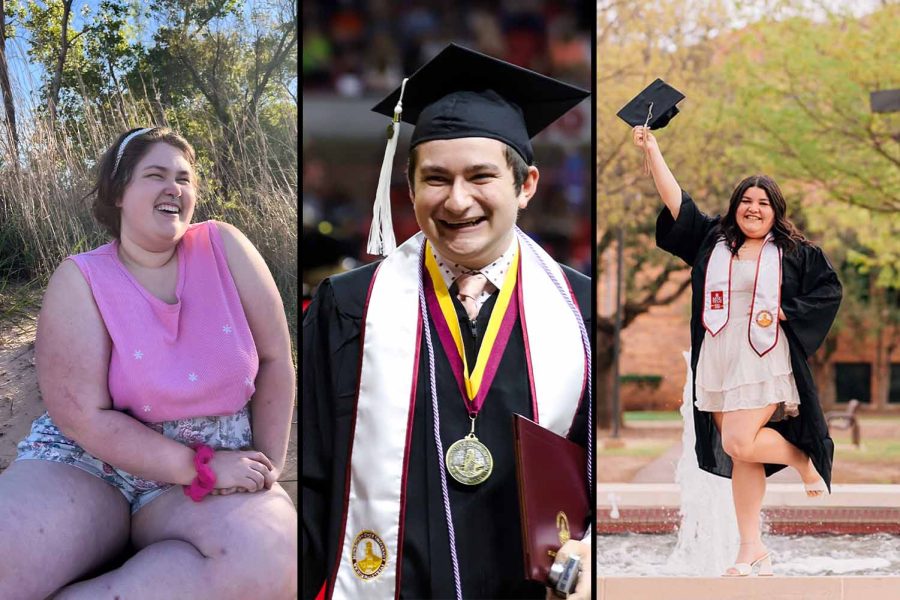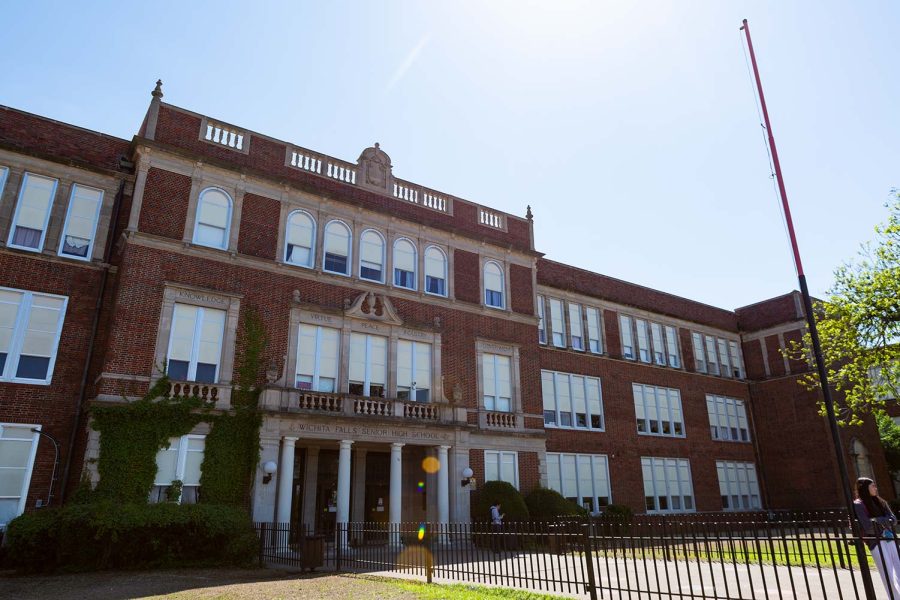 OUR VIEW: Protesting is an expression of our First Amendment rights, not an attempt at overthrowing the government.
OUR VIEW: Protesting is an expression of our First Amendment rights, not an attempt at overthrowing the government.
After Election Day last week, protests erupted in various cities around the country. Austin, Texas. Indianapolis, Indiana. Atlanta, Georgia. Chicago, Illinois. Dallas, Texas. Seattle, Washington. San Francisco, California. Protestors donned signs with various grievances, including “Dump Trump,” “Your vote was a hate crime,” and the most widely used slogan that coined its own Twitter hashtag: “Not my President.”
Even some universities, including the University of Michigan, Arizona State University and the University of Pittsburgh, had students incite their own protests against our new President-elect — and MSU is now on that list. Located in a red/Republican state, some students on campus still felt outrage against the ideologies that Trump’s election has spread. PRIDE organized a protest earlier this week, but not without criticism.
One group says protesting isn’t going to change anything and it’s a waste of time. Another says that protests breed resentment and further the divide within our nation, and we should not have to resort to starting fires, burning the American flag, looting and inciting violence to demonstrate a message.
Violent or hateful protests are not the answer; however, peaceful protests are written into the First Amendment as acceptable demonstrations of our grievances. It’s important to understand our rights and freedoms in this country, despite the opposition that undoubtedly will occur. Critics said the Boston Tea Party protests wouldn’t work, either.
Protestors are not always protesting with the goal of immediate change; it’s often to draw attention to a particular issue or conflict instead. Will protesting Trump’s presidency change the outcome? No. Will it draw attention to the social issues and use of scare tactics in his entire campaign? Absolutely.
Know your right to protest, understand your right to protest, and exercise them — just do it peacefully.











